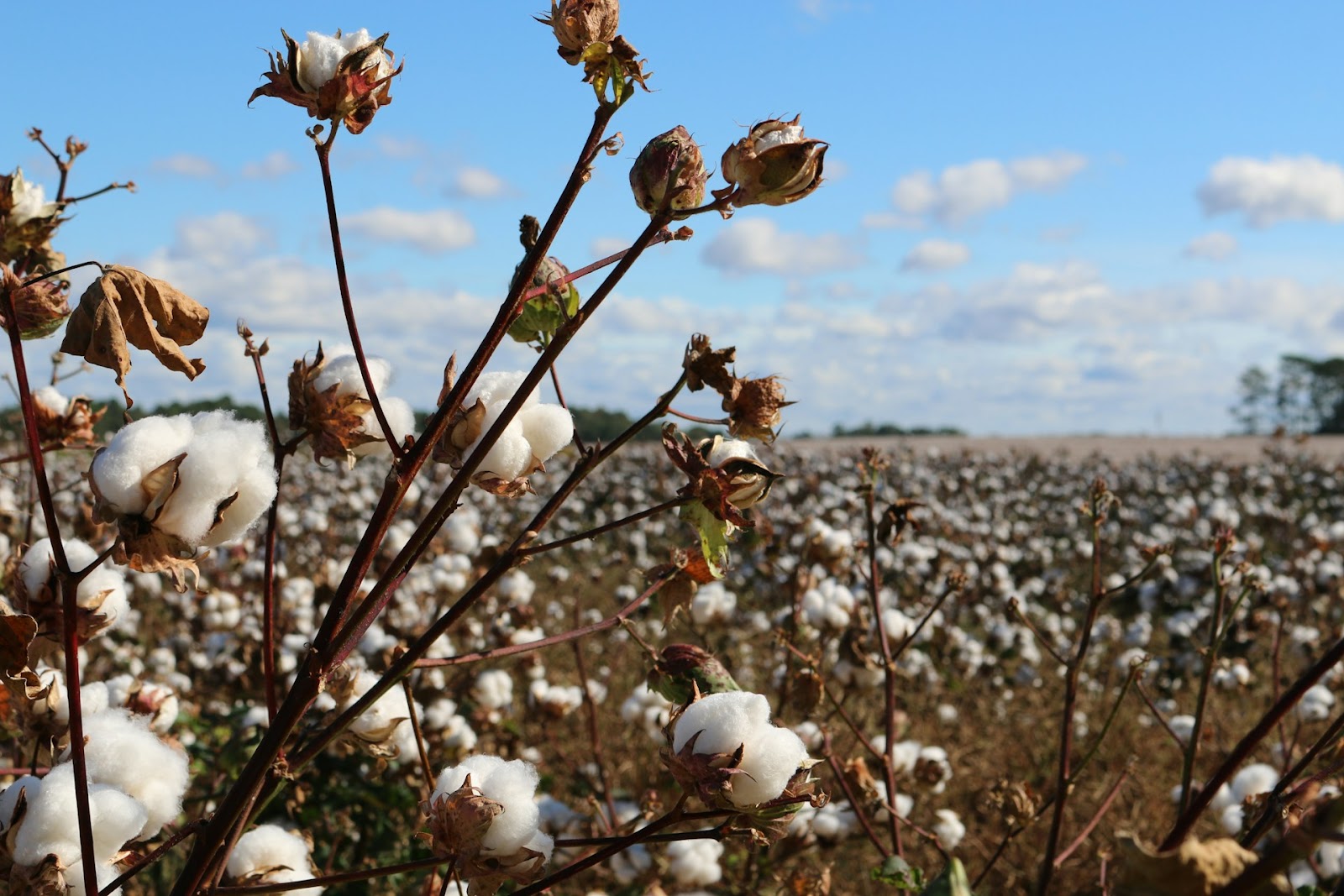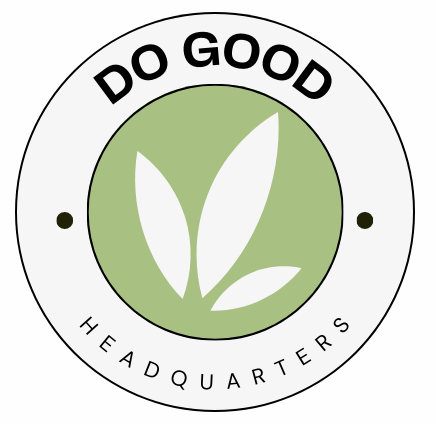Global Organic Textile Standard: Why is GOTS Worth Getting?

Buckle up, eco-conscious fashionistas! Have you ever heard of the Global Organic Textile Standard (GOTS)? If you shop for goods made with organic materials, GOTS certifications are your best friends. When you see the GOTS stamp, you can rest assured your threads are stylish, eco-friendly, and ethically produced. Let’s dive into why this standard is more than just a label but a game-changer for the planet and our wardrobes.
What is the Global Organic Textile Standard (GOTS)?
The Global Organic Textile Standard (GOTS) is the world’s leading textile processing standard for organic fibers. In other words, it’s the “gold standard” of organic certifications.
So, GOTS isn’t your typical eco-label. Think of it as the ultimate stamp of approval for all things organic and ethical in the textile world.
From the budding farm to your fashion-filled shopping cart, GOTS ensures every stitch meets rigorous environmental and social criteria.
What exactly makes GOTS so special? It’s not just about being organic; it’s also about being sustainable and socially responsible. Every step of the process is held to the highest standards of eco-friendliness and fair treatment of workers.
And GOTS doesn’t just talk the talk–it walks the walk with independent certification of the entire textile supply chain. When you see that GOTS label, you can trust that you’re getting the real deal sourced from green supply chains that you can feel good about supporting.
With this one common standard accepted worldwide, it’s easier than ever for textile producers to bring their eco-friendly creations to global markets. Whether snuggling up in organic bedding or rocking stylish clothes made from sustainable fabrics, there are GOTS options for everyone.
Who runs GOTS certifications?
Independent certification bodies accredited by the Global Organic Textile Standard organization work hard to ensure that every GOTS-certified product meets the highest sustainability and ethical production standards.
Organizations can apply to become Certification Bodies, and they must be approved by GOTS to officially be able to offer certifications to businesses and manufacturers.
What is the history of the Global Organic Textile Standard?
The origin story of GOTS is one of passion for the planet and dedication to ethical practices.
Born from the collaboration of organic trade associations, GOTS emerged in the early 2000s as a beacon of hope for eco-conscious consumers and producers. Since then, it has grown into a global force for good, shaping the future of fashion one sustainable thread at a time.
From small indie brands to global fashion houses, everyone wants in on the GOTS action, signaling a global shift towards transparency and responsibility in how our clothes are made.
Criteria
Now, let’s crack open the GOTS playbook and see what it takes to earn that coveted certification. In a nutshell, it isn’t just about being organic–it’s also about being sustainable and socially responsible.
This rigorous checklist puts people, the planet, and ethical profits first:
- Organic Fiber Content: No synthetic pesticides or fertilizers allowed–only the purest organic fibers make the cut.
- Environmental Impact: From wastewater management to energy usage, GOTS demands eco-friendly practices every step of the way.
- Social Responsibility: Fair wages, safe working conditions, and respect for human rights are non-negotiable.
Fair Trade
When it comes to fair trade, GOTS doesn’t mess around. Every link in the GOTS supply chain is forged with fairness and transparency. From field to factory, GOTS ensures workers are treated with dignity and respect.
It’s not just about making clothes–it’s about making a difference in the lives of those who create them. Here’s the scoop:
- Supply Chain Transparency: GOTS requires full transparency throughout the supply chain. From raw materials to the finished product, every step of production is scrutinized to ensure integrity and traceability.
- Worker Treatment: GOTS demands fair treatment of workers. Compliance with labor laws, fair wages, safe working conditions, and respect for workers’ rights is non-negotiable.
- Social Criteria: GOTS’ specific social criteria address worker welfare, such as prohibiting forced labor, child labor, and discrimination while ensuring freedom of association.
Organic Fibers
What makes fibers “organic,” according to GOTS? It’s simple: no nasty chemicals, no genetic modifications, just pure, unadulterated goodness straight from the earth.
Whether it’s cotton, bamboo, or hemp, GOTS-certified fibers are as clean and green as they get. To be considered organic, these boxes must be checked:
- Organic Agriculture: Fibers must come from crops grown using organic farming methods and without synthetic pesticides, herbicides, or fertilizers.
- Non-GMO: Fibers must not be genetically modified organisms (GMOs), ensuring the integrity of the crop and its genetic makeup are intact.
- Sustainable Practices: Organic farming practices prioritize soil health, water conservation, and biodiversity.
Some GOTS-Certified Companies We Love
Prepare to be dazzled by these shining stars of sustainability. Some of our favorite GOTS-certified companies include:
- Avocado – Crafting dreamy mattresses and bedding from organic cotton and natural latex.
- Pact – Elevating basics to a whole new level with their super-soft organic cotton apparel.
- Coyuchi – Wrapping you in luxury with their organic linen bedding and bath essentials.
- Boll & Branch – Redefining luxury bedding with their organic cotton goodness.
- Sijo – Transforming your home into a sanctuary with their eco-friendly bedding and loungewear.
Our Take on GOTS
At DGHQ, we’re all about livin’ la vida green, and GOTS is our guiding light. It’s more than just a certification–it’s a promise to our planet and future generations.
So next time you’re shopping for threads, look for that GOTS label and wear your eco-warrior badge with pride. We are stitching a brighter, greener future with every GOTS-certified item we choose.
Photo by Trisha Downing on Unsplash


